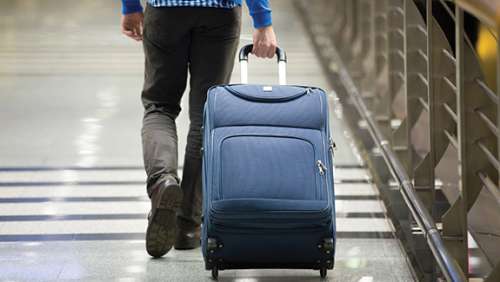Hi all, I'm hoping to hear from as many of you as possible with ileostomies about your diet. I have had a colostomy for ten months now but am waiting for surgery for a loop ileostomy. I have to admit that my major concern (except for the risk of surgery itself) is how it will affect my diet. I have read many posts from ileostomates (is that a word?) about things they cannot eat and problems with so many different foods. I count food amongst the very top things in life that give me pleasure and I have been blessed with the ability to eat pretty much anything. I also love to cook. I am also a healthy eater and cannot imagine a life without the things that I love to eat and that are good for me. I fear that my ostomy nurse is telling me what she thinks I want to hear or at least giving me the "best case scenario" of outcomes. She says the goal is to have me back to "normal eating" within eight to twelve weeks or so. And yet I get the impression from numerous posts that there are many of you out there who are long out of surgery and still not eating "normally". My diet has always been full of fiber, lots of vegetables, fruits, nuts, and whole grains. How realistic is it of me to expect that not to change? I know there is always a period of healing and adjustment and that it may be slow and gradual. I can live with that. So how many of you with ileostomies are able to eat anything and how long after surgery? How many of you still cannot eat "normally" after months or years? If you can't eat a diet with lots of fiber, how do you maintain a healthy diet? All replies will be greatly appreciated.
Terry






